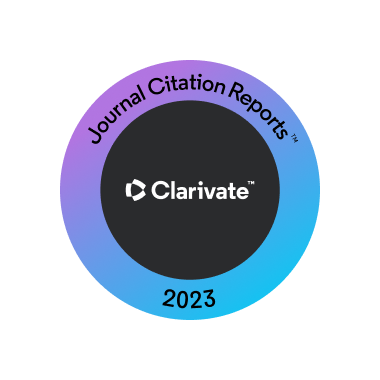Abstract
Background: The term “nation branding” was first coined by Simon Anholt in the 1990s and refers to applying marketing strategies to individual countries. It aims to create a distinct self-image and international reputation that most effectively serves a nation’s interests. Today, in many countries it makes a part of the carefully designed national policy, with clear objectives and an evaluation system. Various types of rankings are used to position the nation brand on a global scale. They also show which elements influence the perception of a country the most. Tourism, which belongs to a six-element approach by Simon Anholt, is one of them. Material and methods: Selected official strategic documents at the national level served as the major source of information for the qualitative analysis. The paper covers the documents published between 2013 and 2020. The study of organizational structures and competences has been based on acts and relevant websites of respective bodies. Results: The article presents an approach to the brand and image building process at the national level in Poland in the framework of strategic documents. According to the documents, a range of activities, tactics and dedicated projects in the areas of culture, economy and tourism should strengthen the country’s position. Tourism, comparing to other areas, has a well-structured system of promotion and serves as Poland’s brand-building tool. Conclusions: The analysis of the key national strategic documents confirms the importance and economic benefits of a country’s international reputation. It presents a scope of targeted activities in three major areas: economy, culture and tourism. However, the level of details and the scale of projects significantly vary between documents. It may imply that operational decisions, including a choice of tactics, tools and evaluation system, are passed to the lower level. Tourism promotion is well-structured within a three-level system. Although it needs some amendments, which are voiced by some stakeholders, it still serves its purpose. The key, and we dare say, the only players are the Polish Tourism Organization and Regional and Local Tourist Organizations. A more structured approach to nation branding should become a priority. The documents express a need for integrated management of the entire process. But the number of entities engaged in promotion, both overall and in tourism, remains high and the communication channels complex. The branding process as part of the national policy requires reorganisation at all levels starting from the top.
Recommended Citation
Szmytke R. Tourism promotion system in Poland in the context of selected National Strategic Documents. Balt J Health Phys Act. Balt J Health Phys Act. 2021;13(Spec.Iss.1):145-155. doi: 10.29359/BJHPA.13.Spec.Iss1.14
DOI
10.29359/BJHPA.13.Spec.Iss1.14
Author ORCID Identifier
Rafał Szmytke: https://orcid.org/0000-0002-8775-6382
Creative Commons License

This work is licensed under a Creative Commons Attribution-Noncommercial-No Derivative Works 4.0 License.
Included in
Health and Physical Education Commons, Sports Medicine Commons, Sports Sciences Commons, Sports Studies Commons




